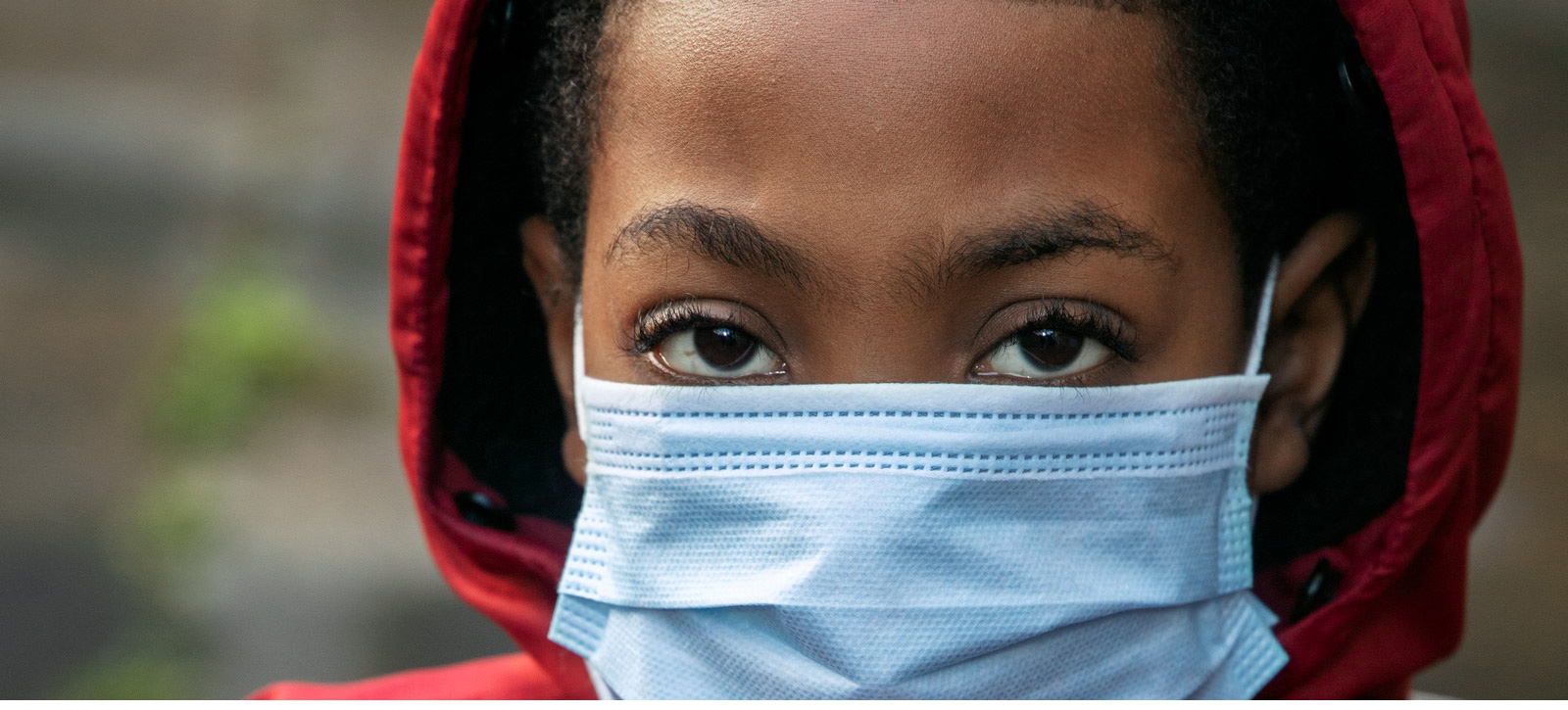 Dexter McLean, from Untitled, 2020
Dexter McLean, from Untitled, 2020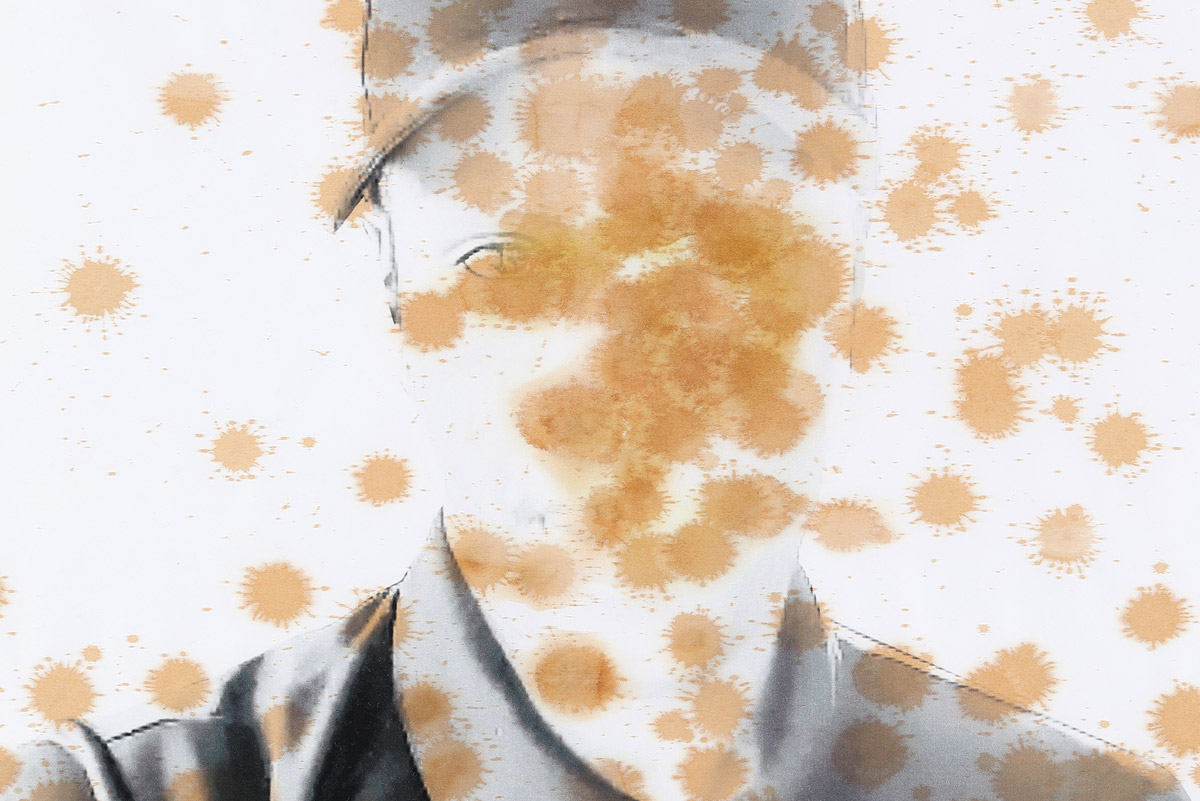 Aida Silvestri, from Contagion: Colour on the Front Line, 2020
Aida Silvestri, from Contagion: Colour on the Front Line, 2020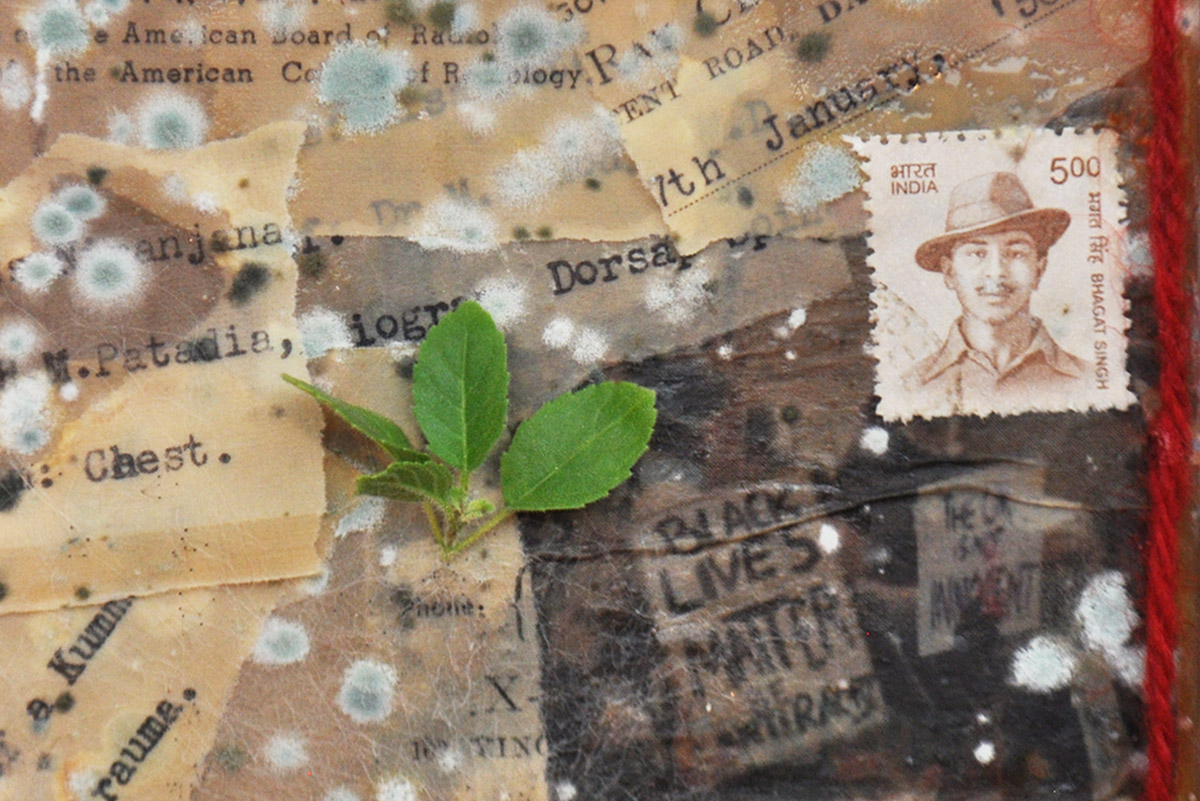 Poulomi Desai, from Our cultures are the portals - the gateways between one world and the next, 2020
Poulomi Desai, from Our cultures are the portals - the gateways between one world and the next, 2020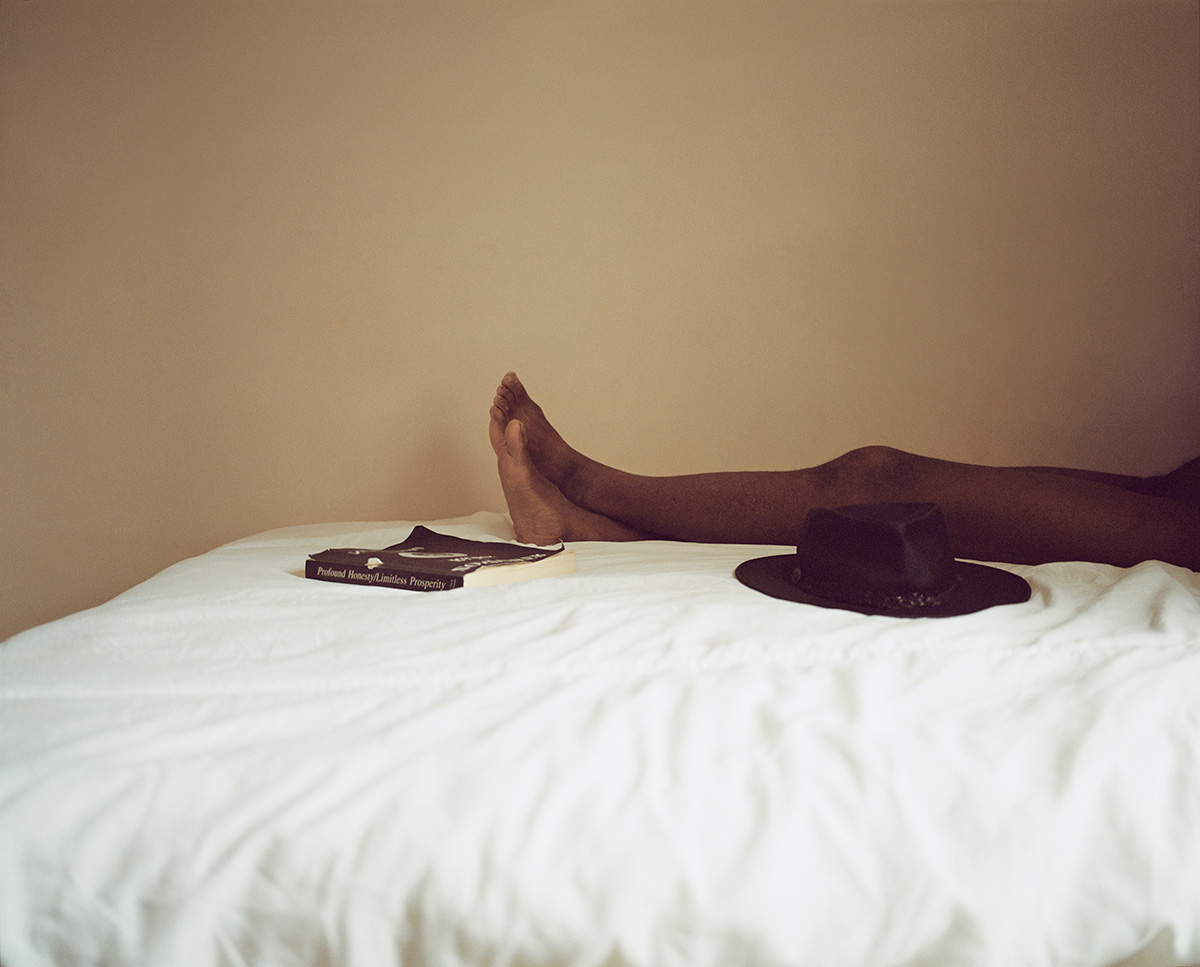
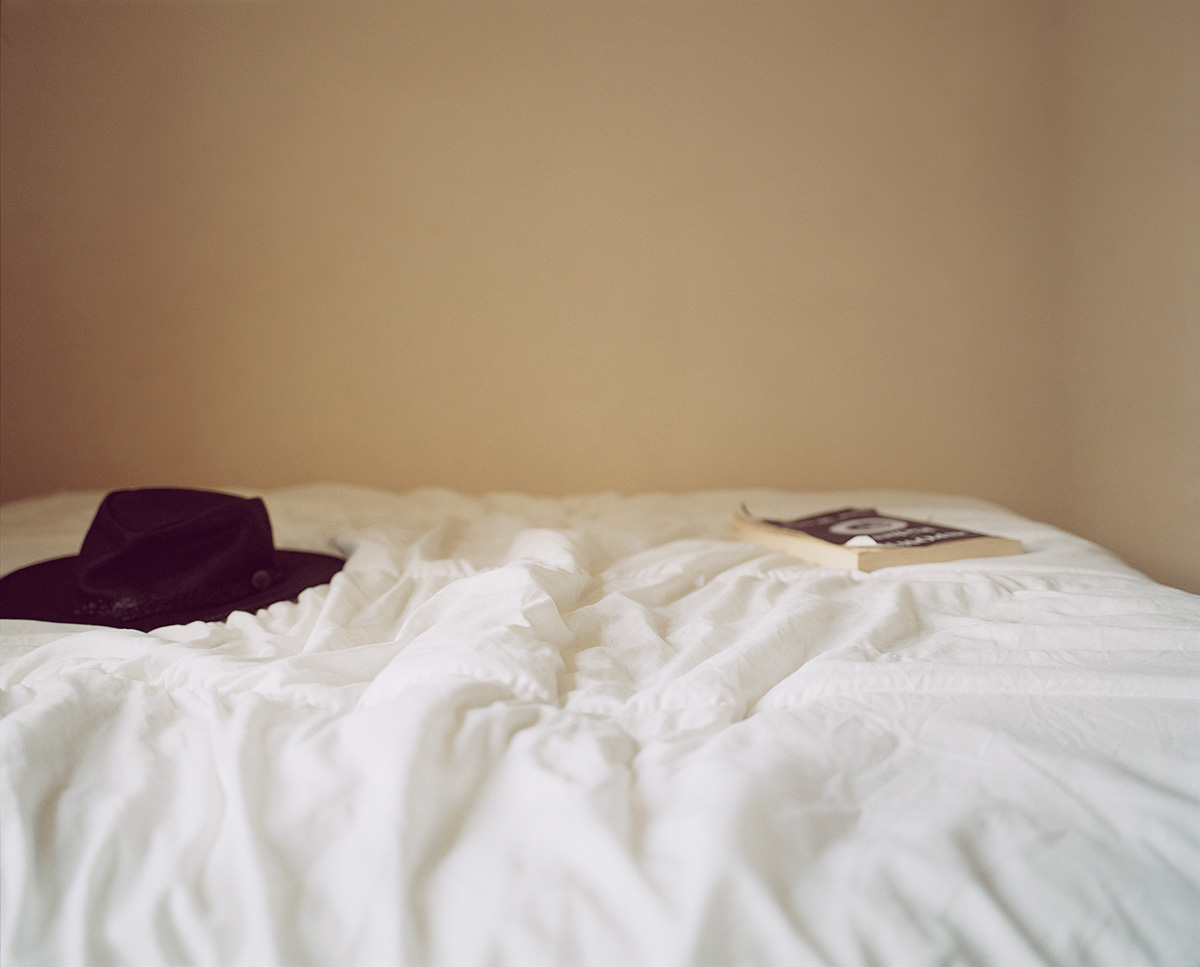
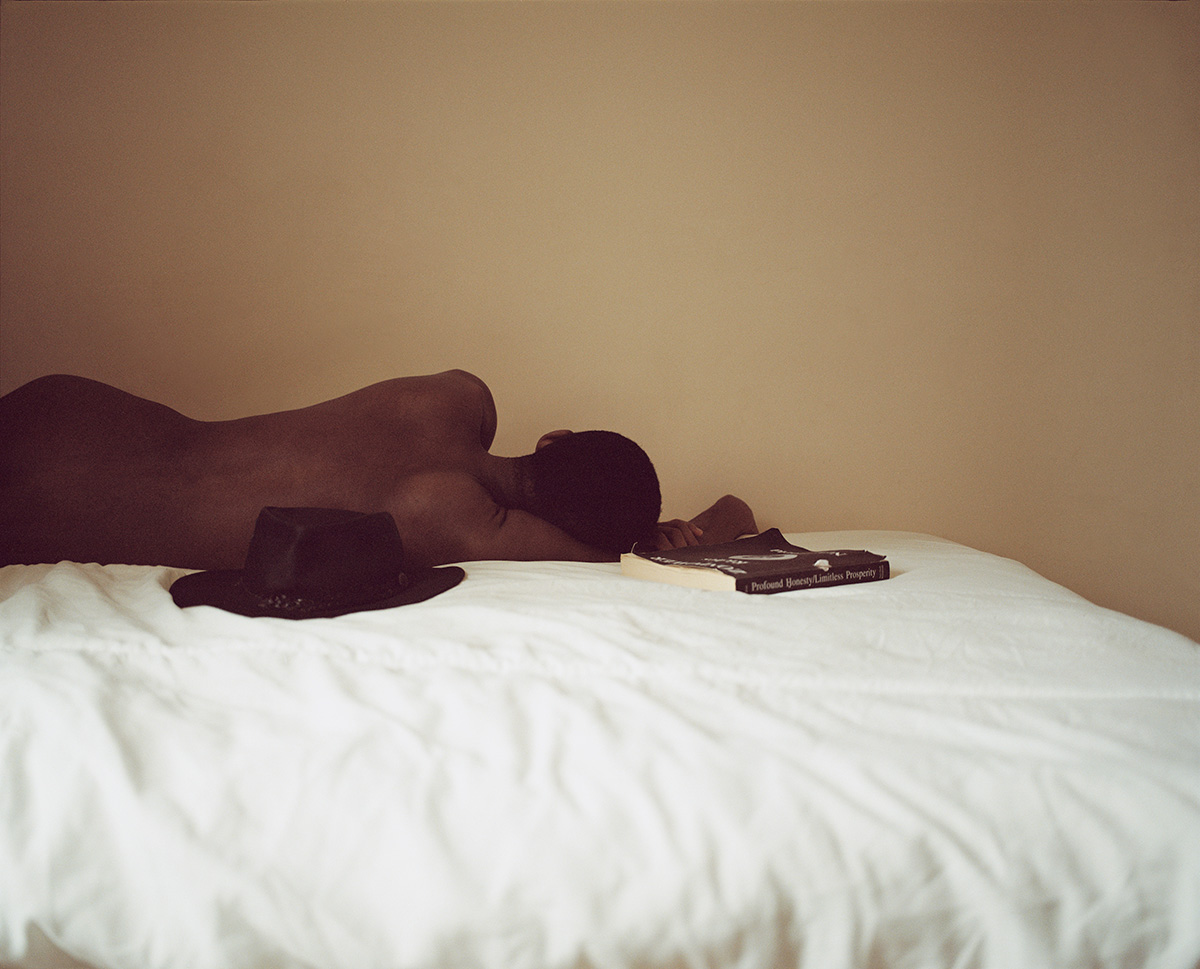
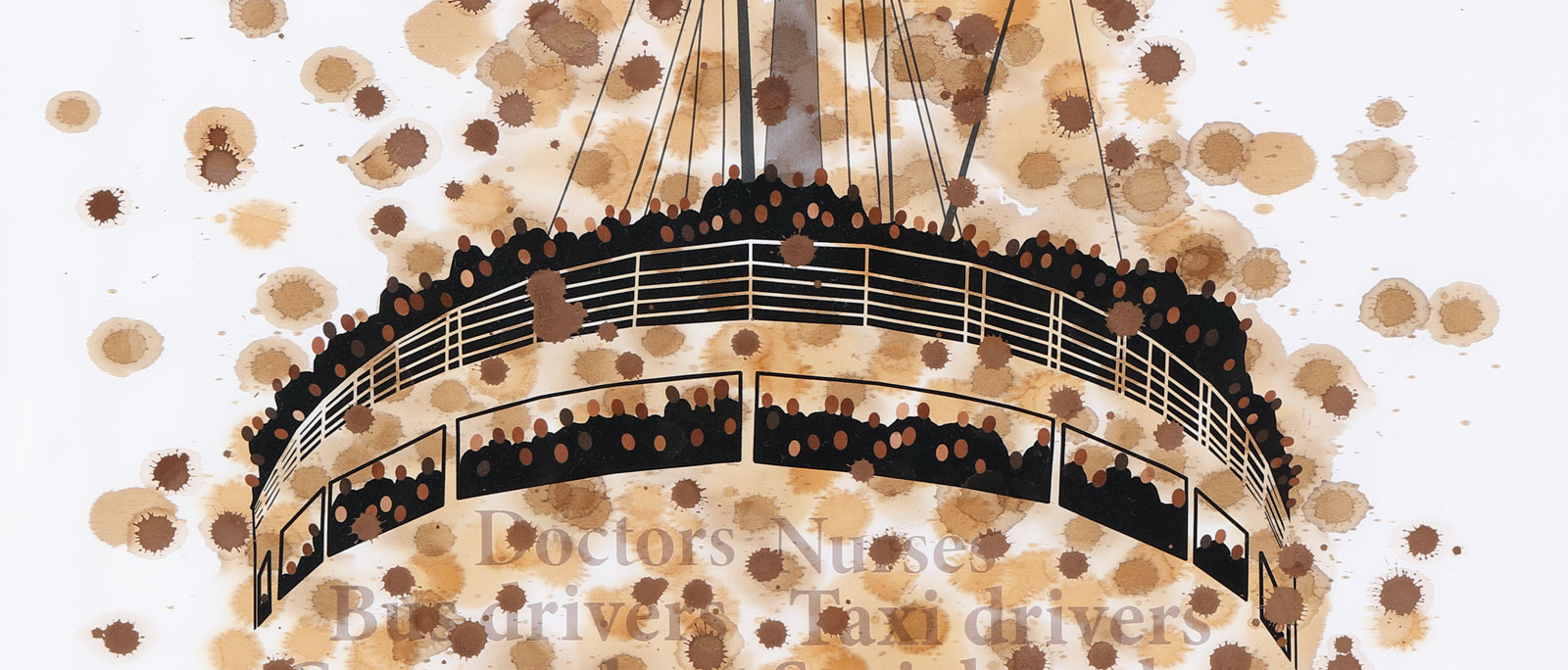 Aida Silvestri, from Contagion: Colour on the Front Line, 2020
Aida Silvestri, from Contagion: Colour on the Front Line, 2020
Image captions 1-14: Commissioned by Autograph for Care | Contagion | Community — Self & Other
1) Silvia Rosi, [detail] Neither Could Exist Alone, 2020. Archival giclée print, 8 x 8 inches. 2) Dexter McLean, [detail], Kamahl, from the series Untitled ,2020. Archival giclée print, 12 x 16 inches. 3) Ope Lori, The Lines Between Us, 2020. Film still. 16 minutes 11 seconds. 4) Mohini Chandra, Belated, 2020. Film still. 12 minutes 49 seconds. 5) Joy Gregory, Small Steps [detail], from the series Madam Photo, 2020. Archival giclée print, dimensions variable. 6) Sonal Kantaria, Varda, from the series Ghar, 2020. Archival giclée print, 12 x 16 inches. 7) Silvia Rosi, Neither Could Exist Alone, 2020. Archival giclée print, 8 x 8 inches. 8) Aida Silvestri, Tea [detail] from the series Contagion: Colour on the Front Line, 2020. Tea and pigment ink on cotton fabric; 50 x 65 cm. 9) Poulomi Desai, [detail] Our cultures are the portals - the gateways between one world and the next, 2020. Archival giclée print, 12 x 12 inches. 10) Karl Ohiri, [detail] =, 2020 from the series Equation for Humanity, 2020. Digital Black & White Fibre-Based Gloss Prints, each 11 x 8.8 inches. 11-13) Othello de'Souza-Hartley, Absence, from the series Blind, but I can See, 2020. Archival c-type print (triptych). each 20 x 24 inches. 14) Aida Silvestri, [detail] The Motherland Calls, from the series Contagion: Colour on the Front Line, 2020. Cacao, coffee, tea, sugar and tobacco and pigment ink on cotton fabric; 79 x 102 cm.
All works © and courtesy the artist.
Autograph is a space to see things differently. Since 1988, we have championed photography that explores issues of race, identity, representation, human rights and social justice, sharing how photographs reflect lived experiences and shape our understanding of ourselves and others.